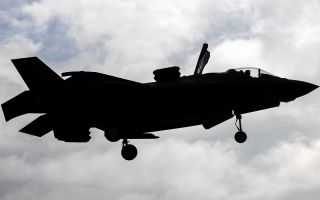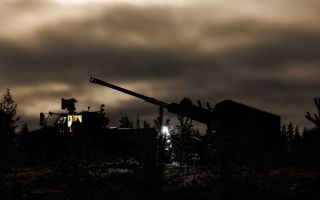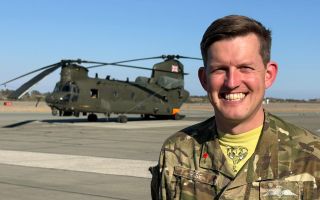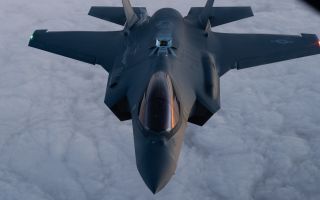Ceasefire Holds In Potential Syria Conflict Breakthrough
A Syrian ceasefire brokered by Russia and Turkey was reportedly holding on Friday, despite clashes between troops and rebels.
The ceasefire marks a potential breakthrough in the six years of fighting that has left more than 250,000 dead and triggered a refugee crisis across Europe.
The Britain-based Syrian Observatory for Human Rights has not reported any civilian casualties since the truce began in the province of Hama, near the capital, Damascus.
Reports from opposition activist Mazen al-Shami, based in the Damascus area, said that minor clashes in the province left one rebel wounded, whilst activist Ahmad al-Masalmeh, has said that government forces opened fire on rebel-held areas.
The ceasefire marks significant progress in the conflict; several past attempts at halting the fighting have failed.
As with previous agreements, the current ceasefire excludes both the al Qaida-affiliated Fatah al-Sham Front, which fights alongside other rebel factions, and the Islamic State group.
Russian President Vladimir Putin said on Thursday that the ceasefire has been agreed by both Moscow and Turkey, and the agreement has been welcomed by Iran.
Moscow and Tehran provide crucial military support to Syrian President Bashar Assad, while Turkey has long served as a rear base and source of supplies for the rebels.
Russia said the deal was signed by seven of Syria's major rebel factions, though none of them immediately confirmed it, and one denied signing it.
The truce follows the Russian-Turkish agreement made earlier this month to evacuate the last rebels from eastern Aleppo, after they were confined to a tiny enclave by a government offensive.
In an interview with Italian television station TG5, Assad said of the retaking of Aleppo:
"The defeat of the terrorists in Aleppo is an important step toward ending the war."
He added that the capture of the city does not mean that the war has ended, because "terrorists" are still in Syria.
However, the United States was left out of both agreements, marking the deterioration of relations between the US and Russian governments.
It comes after fresh US sanctions and the ordered expulsion of 35 Russians in retaliation for alleged cyber-meddling in the American election.
US president Barack Obama ordered sanctions against the GRU and FSB, leading Russian intelligence agencies the US said were involved in the hacking. Mr Obama said:
"All Americans should be alarmed by Russia's actions. Such activities have consequences."
He said the response was not yet over and the US could take further, covert action.
Assad, however, added:
"We are more optimistic, with caution about the incoming administration of President-elect Donald Trump, who has suggested greater co-operation with Russia against extremist groups.
"We can say part of the optimism could be related to better relation[s] between the United States and Russia."









